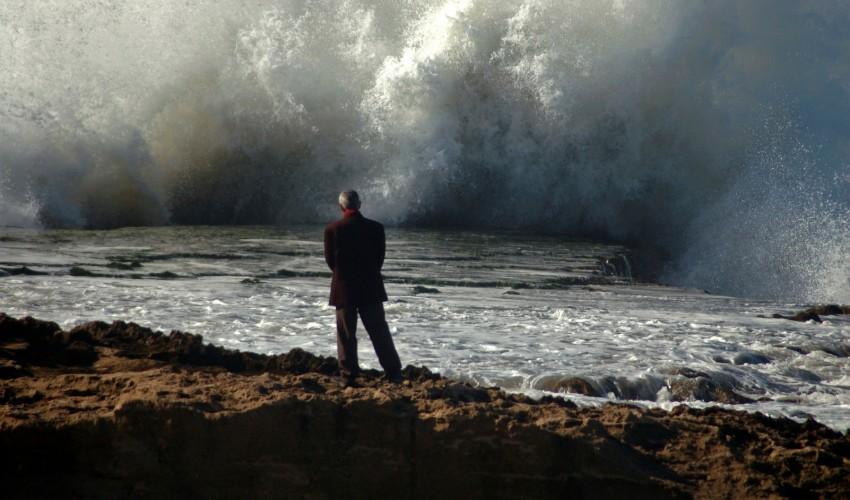
Saving the Oceans from the Land: The Role of Businesses
TWO THIRDS OF MEDITERRANEAN BUSINESSES ARE UNAWARE OF THEIR IMPACT ON MARINE SUSTAINABILITY OR ARE INACTIVE IN MITIGATION. BUT THERE IS HOPE, THANKS TO THE 34% OF COMPANIES DEFINED AS SUSTAINABILITY LEADERS, ACCORDING TO A REPORT FOR THE ONE OCEAN FOUNDATION BY RESEARCHERS FROM SDA BOCCONI, MCKINSEY, AND CSICMost of the threats to marine sustainability come from land-based activities, including 80% of plastic pollution and the large majority of GHG emissions. Businesses, though, are on average aware of only 35% of their industry’s potential pressure on the marine environment, with land-based companies less aware than ocean sectors’ companies, according to a Report for the One Ocean Foundation authored by Stefano Pogutz, Manlio De Silvio, Aristea Saputo, Stefano Romito, and Francesco Perrini for SDA Bocconi along with Rafael Sardà (CSIC, Consejo Superior de Investigaciones Cientificas) and a group of McKinsey consultants. When aware, businesses deploy mitigating activities on 74% of the pressures that they acknowledge, meaning that in one case out of four awareness is not followed by action.
The Report defines companies aware of the negative pressures directly and indirectly exerted by their activities on marine and coastal ecosystems when their level of acknowledgment matches the opinion of ocean science expert. The 170-observation survey finds that companies’ awareness is higher on issues targeted by extensive campaigns and social movements and more limited on less mainstream issues. Awareness on direct pressures (such as littering or contaminants) is more widespread than awareness on indirect (but not less relevant) pressures such as GHG gases emissions).
The Report defines «sustainability leaders» as the companies that are both aware and active. They are 34% of the sample and characteristic features are: they are more likely to align their strategies with the company’s mission and social values; they are more inclined to capture new growth opportunities in their mitigation activities (e.g. producing bio-gas in agricultural waste treatment facilities); they are more responsive to customers’ demand for sustainability and don’t consider regulatory pressures as a main sustainability driver.
Thanks to 50 interviews with companies, industrial organizations and NGOs, the study has identified key technology clusters that appear to be capable of bringing higher benefits to ocean protection (e.g. cleaner sources of energy; new materials; digital, automation, monitoring & control) and has highlighted the importance of organizational initiatives (e.g. voluntary sustainability standards, codes of conduct and self-regulation). Finally, collaboration is a key enabler both for identifying technological solutions capable of addressing ocean issues and for fostering the diffusion of cleaner technologies.
by Fabio Todesco
